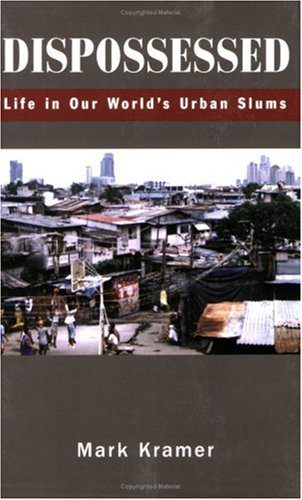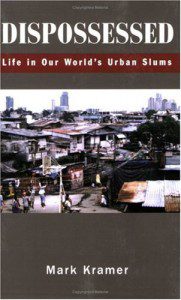Creative Nonfiction
Pittsburgh In Words Issue, Oct 2008
 Most Saturday afternoons, you can find Martha Vasser performing an Ethiopian coffee ceremony at Tana Ethiopian Cuisine for a handful of Pittsburgh diners who know little to nothing about her home culture.
Most Saturday afternoons, you can find Martha Vasser performing an Ethiopian coffee ceremony at Tana Ethiopian Cuisine for a handful of Pittsburgh diners who know little to nothing about her home culture.
“Coffee has a great significance in Ethiopia,” she says as she walks past diners with a long-handled tin full of popping, browning coffee, a smoldering potpourri of equal parts espresso, dark chocolate and cedar. “It’s folklore that it was discovered in Ethiopia by a young shepherd. And coffee comes from the region Kaffa, K-a-f-f-a. Therefore, the name coffee.”
She may also note that goats first ate the beans and then their young shepherd, witnessing their apparently inebriated states,decided he had to try some, too. Some Saturdays, she wears a traditional Ethiopian dress, pale gossamer linen with loosely hanging cuffs, neckline and hem striped in green, red and yellow, the colors of Ethiopia’s flag. Carletta, an African-American woman with straight hair and a deep but deliberately honeyed voice, precedes Martha, taking orders, filling water and tea glasses, and delivering platters of food. Then she distributes the coffee once it’s brewed. Seifu, the owner, greets customers, works the register, checks on the kitchen. A stereo plays Ethiopian music, replete with trebling voices complementing electronic percussion.
[read more …]


 For the first time in history, more people live in cities than in the countryside. And one in every three urban residents lives in a slum, in housing constructed of cheap or found materials, plywood, plastic tarpaulin, corrugated tin, mud and wattle, and scrap metal. Dispossessed relates stories about people living on the fringes of Manila, Nairobi, Mexico City, Bangkok, and Cairo. Slum residents talk about their fears and their struggles, as well as their hopes and joys. Dispossessed also explores the complex causes of our world’s rapid urbanization and its affects on poor nations and cities in the global South, and it describes solutions to poverty and insecurity that some local residents and agencies are pursuing.
For the first time in history, more people live in cities than in the countryside. And one in every three urban residents lives in a slum, in housing constructed of cheap or found materials, plywood, plastic tarpaulin, corrugated tin, mud and wattle, and scrap metal. Dispossessed relates stories about people living on the fringes of Manila, Nairobi, Mexico City, Bangkok, and Cairo. Slum residents talk about their fears and their struggles, as well as their hopes and joys. Dispossessed also explores the complex causes of our world’s rapid urbanization and its affects on poor nations and cities in the global South, and it describes solutions to poverty and insecurity that some local residents and agencies are pursuing.



